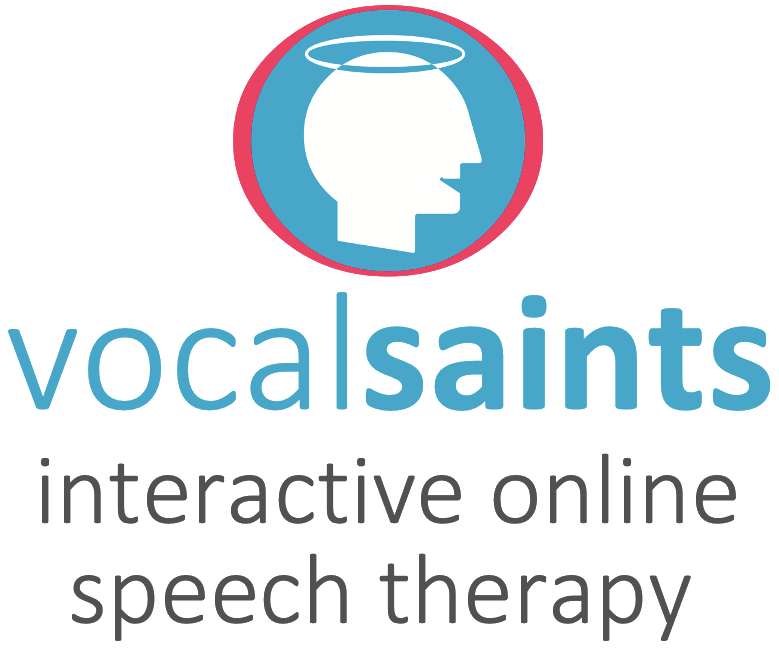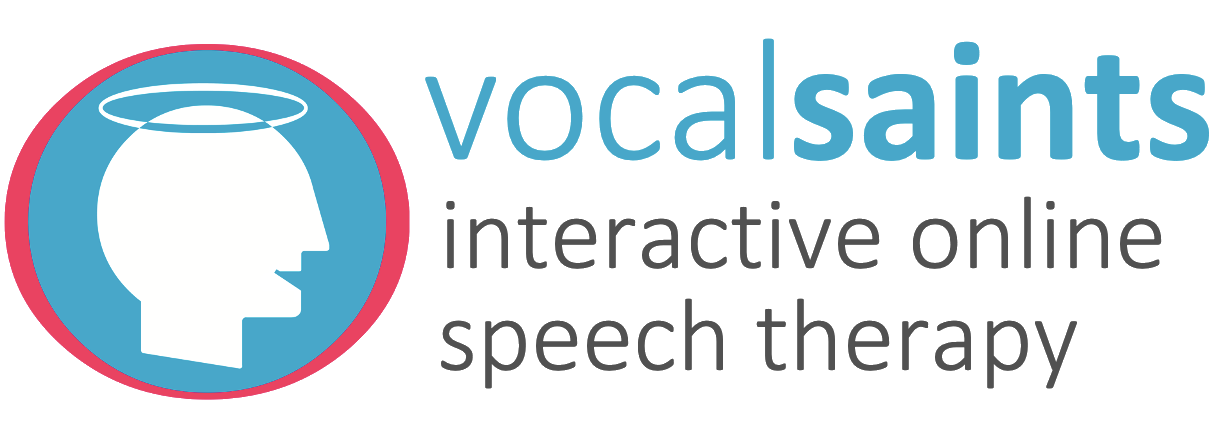Supporting healthy language development
Languages (both verbal and non-verbal) are the way people communicate with one another. From a speech-language therapy perspective, the building blocks of language include vocabulary, grammar and sentence structure – how words are put together. The two main aspects of language are receptive (understanding what other people say) and expressive (using your own words to speak). And, at Vocalsaints, it's our honour to support your family's expressive and receptive language development.

Delays or Disorders with Receptive Language
Receptive language difficulties mean an individual struggles understanding language; they may not understand what certain words mean or how they go together. They may have difficulty following directions or answering questions appropriately. Generally, problems with understanding language begin before the age of three years. Early identification is important to rule out underlying issues or a more significant problem.
Children need to understand spoken language before they can use language to express themselves. If your child began speaking later than expected, it is important that their receptive language is assessed to confirm or identify any difficulties in this area and begin supporting as necessary.

Expressive Language Delays/Disorders
This means an individual has difficulty expressing one’s desires, thoughts, and feelings verbally. Children start by learning simple words then stringing these with other words to make a sentence. Once three words are together, grammar begins to develop. In English, grammatical markers are important to convey more information. For example “Me want cracker” versus “Can I please have crackers?”
Delays or difficulties with expressive language can lead to frustration for the speaker and the listener, as well as bad physical behaviour in young children – how else can they get their message across, or social isolation? In older children, poor expressive language means difficulty at school learning to write sentences - you can only write down what you can say - and writing in-depth interesting stories. Expressive language difficulties are not just experienced by children; individuals who have experienced a head injury or a stroke can struggle with finding the words they want to say. Click here for further information about this topic.

